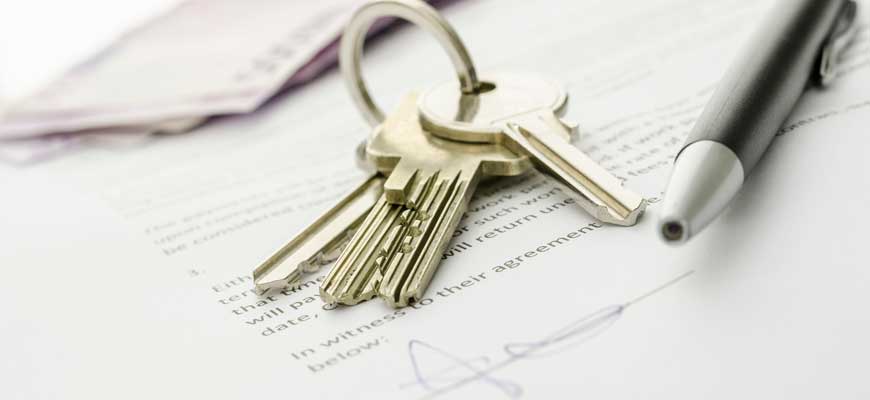This series of articles is designed to briefly inform the prospective homebuyer, or home seller, of fundamental aspects of the process of buying, or selling, homes. Please keep in mind that these articles are not designed to be a comprehensive discussion of any particular topic. If you have any additional questions, we urge you to contact the Chernov Team, where the knowledgeable staff will be happy to provide more information.
In short, an escrow is simply depositing money, and a deed, which will be delivered to another party upon the satisfaction of specific events or the occurrence of specific events.
When opening an “escrow”, terms and conditions, which are perquisites to the transfer of ownership in a property, are established. These terms are then given to an “escrow holder.” The “escrow holder” in charge of the “escrow” is an independent and neutral party, whose sole job is to represent the interests of everyone involved in the purchase and sale of the house. Once all the terms and conditions have been satisfied, the “escrow holder” will transfer all property to the appropriate parties (i.e., money to the seller, and deed of trust to the buyer).
Why is Escrow Necessary?
An escrow acts as a safety mechanism, ensuring that property and funds do are not exchanged until every term and condition of the agreement have been satisfied. Further, “escrow holders” are professional entities, which owe the parties a “fiduciary duty.” The practical effect of this is two-fold: (1) as a professional entity, the “escrow holder” has experience performing the required tasks, whereas a layman does not. Failure to follow proper procedures in the transfer of real property can result in major delays; (2) owing a “fiduciary duty” to someone triggers certain legal requirements. Failure to comply with those requirements can result in significant lawsuits against the entity owing the duty. Ultimately then, an escrow provides additional protections to everyone involved in the purchase, and sale, of a home.
How Does Someone Open an Escrow?
In practice, the agent representing either the buyer or the seller will perform all the necessary tasks to open an escrow. Once the “purchase agreement” has been completed, the agent will forward the purchaser’s “initial deposit” to the “escrow holder” for them to hold until all the terms and conditions of the escrow have been satisfied.
What Does it Mean for an Escrow to “Close”?
The “closing” of escrow is the conclusion of the purchase, and sale, of the home. Legally speaking, it signifies the formal transfer of title from the seller to the purchaser. Once the “escrow holder” has received the required funds, they will record the Grant Deed with the County Recorder’s Office. Once this is complete, the buyer owns the home, and their new life begins.



